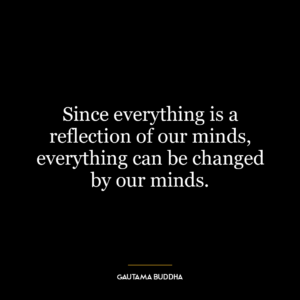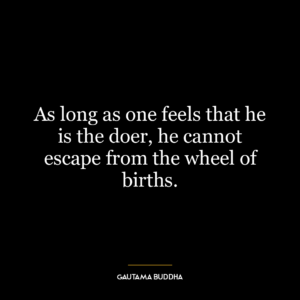Do not judge yourself harshly. Without mercy for ourselves we cannot love the world.
This quote by Gautama Buddha is a profound reminder of the importance of self-compassion. It suggests that our ability to love and show kindness to others is intrinsically linked with how we treat ourselves. To judge oneself harshly is to cultivate an environment of negativity, which can then seep into our interactions with the world around us.
“Without mercy for ourselves, we cannot love the world.” This part emphasizes that if we are continuously critical and unkind towards ourselves, it becomes difficult for us to express genuine love and compassion towards others. Our internal dialog shapes our external responses; thus, a lack of self-mercy can translate into a lack of empathy or understanding towards those around us.
In today’s fast-paced world where success is often measured in terms of materialistic achievements or social status, many individuals may find themselves entrapped in a cycle of self-criticism and judgement. They may set unrealistically high standards for themselves, constantly feeling inadequate when they fail to meet these expectations. This kind of negative self-judgement can lead to stress, anxiety and even depression.
Applying Buddha’s wisdom in such scenarios would entail practicing self-compassion: acknowledging one’s flaws without judgement; understanding that failure is not a reflection on one’s worth but rather an opportunity for growth; treating oneself with kindness during difficult times instead being overly critical.
Moreover, as we become more compassionate towards ourselves – accepting who we are with all our strengths and weaknesses – it naturally extends outwards allowing us to be more empathetic toward others’ struggles as well. We become less quick to judge others because we understand what it feels like being judged harshly ourselves.
In terms of personal development this concept encourages nurturing positive inner dialog which fosters emotional wellbeing leading not only improved interpersonal relationships but also enhances resilience against adversity by reducing negative psychological impacts associated with harsh self-judgement.
Therefore this quote holds immense relevance even today urging individuals to practice self-compassion and kindness as a means of cultivating a more loving, understanding relationship with the world.















